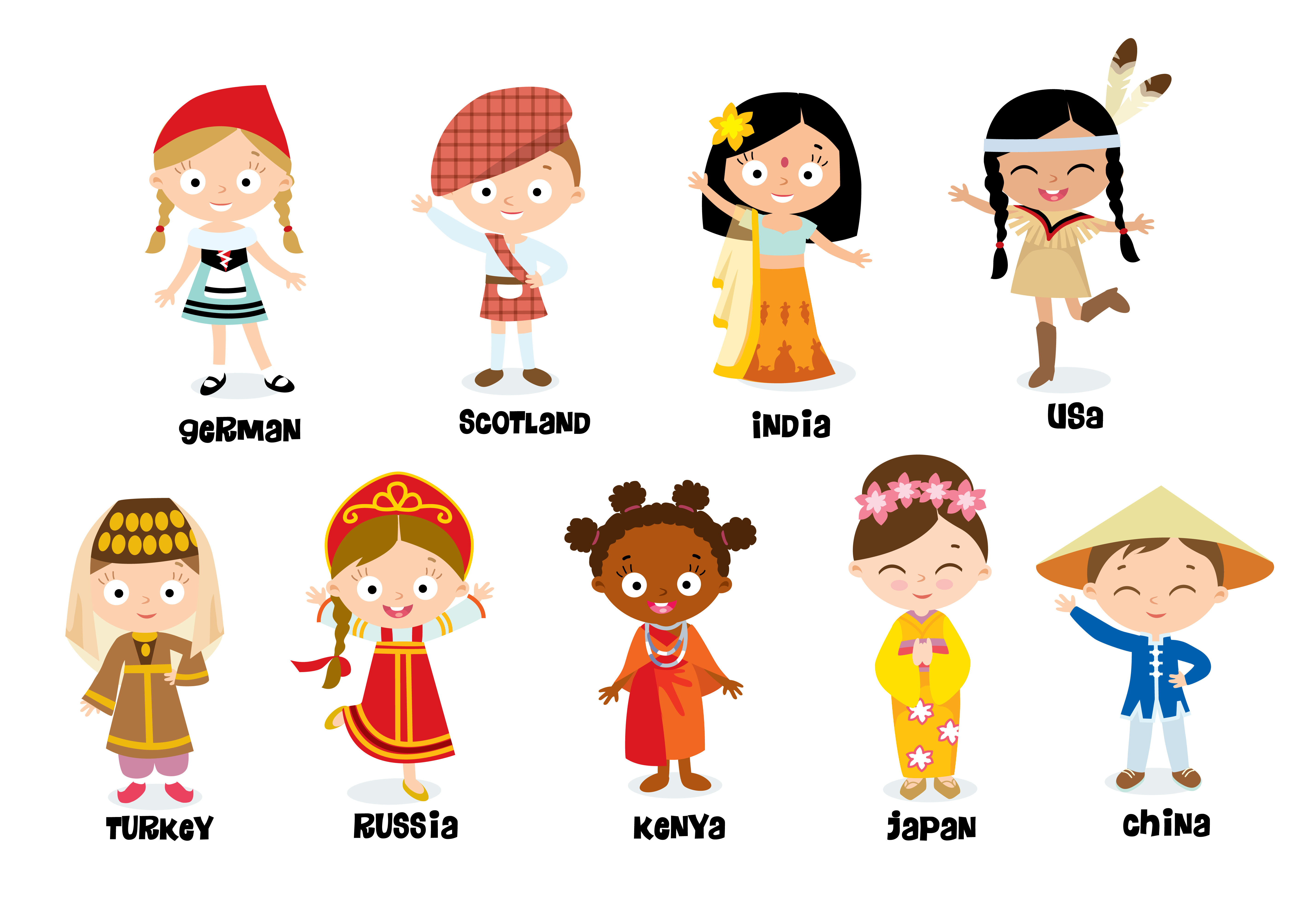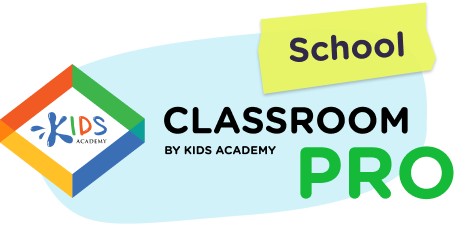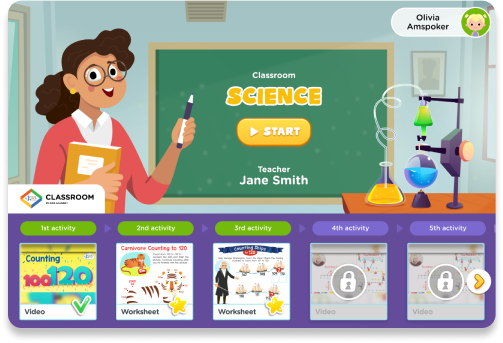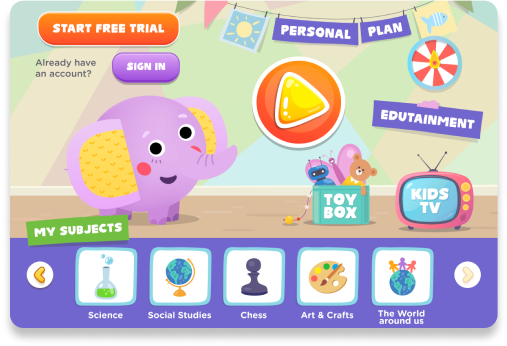Applying math skills Math Worksheets
3 filtered results
-
From - To
Unlock your child's full math potential with our engaging "Applying Math Skills" worksheets! Designed for young learners, these worksheets focus on applying essential math concepts in real-world scenarios, enhancing problem-solving abilities and critical thinking skills. The activities encourage children to explore addition, subtraction, and other core math principles through fun, relatable exercises. Perfect for classroom learning or home practice, our worksheets cater to various skill levels, ensuring each child can develop at their own pace. Help your child gain confidence and a practical understanding of math that will serve them well beyond the classroom. Start their math journey today!
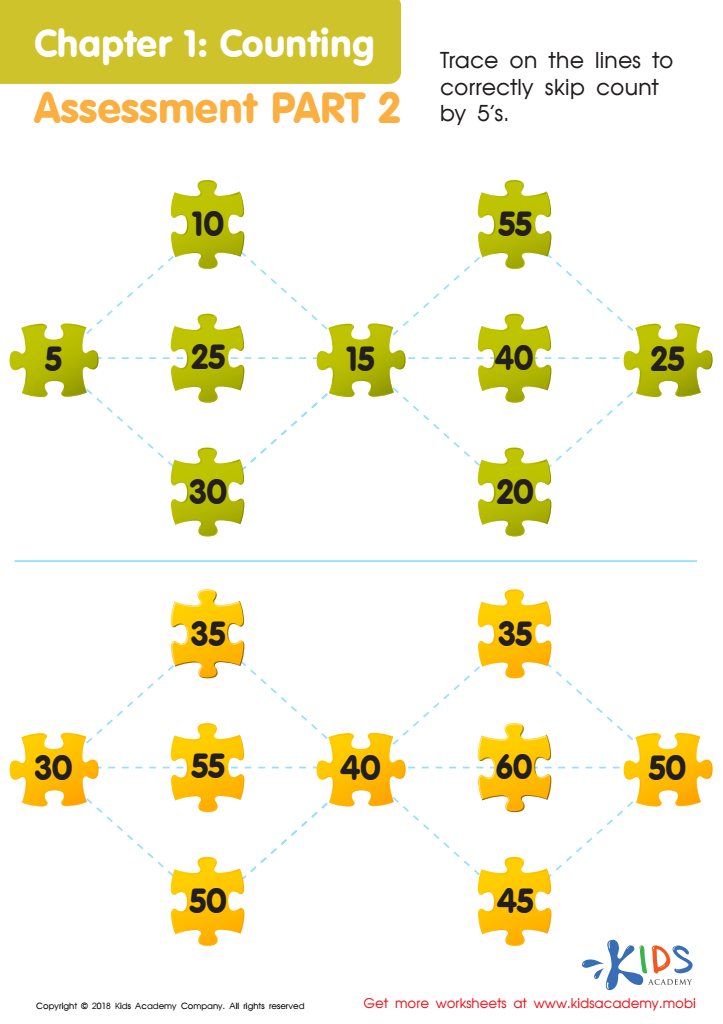

Counting: Assessment 2 Worksheet
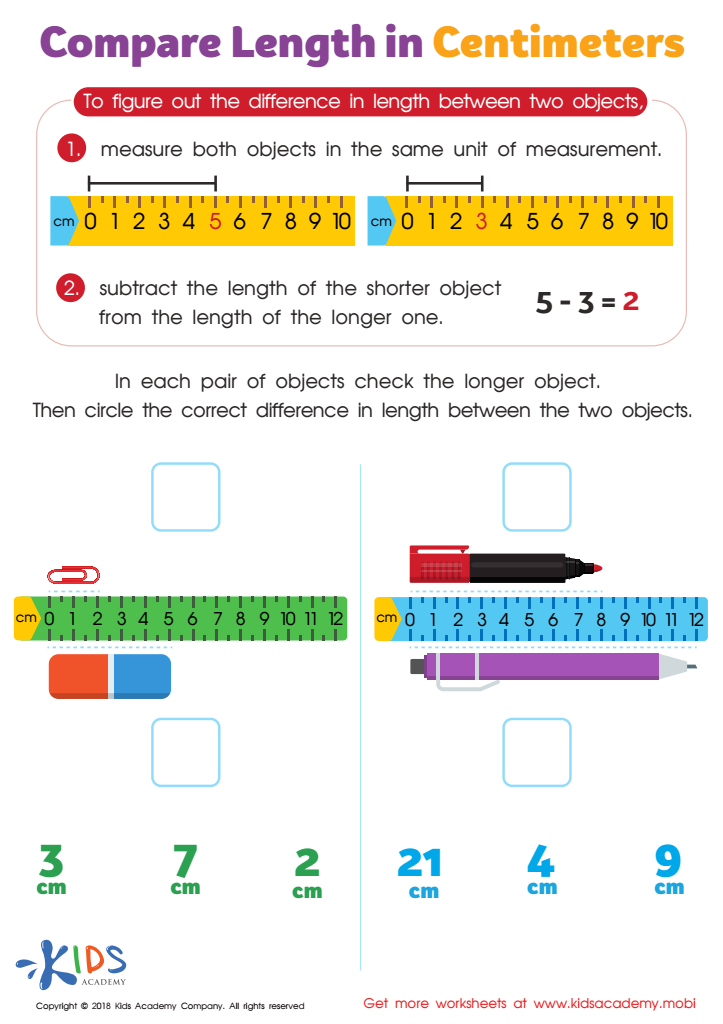

Compare Length in Centimeters Worksheet
Parents and teachers should care about applying math skills because these skills are fundamental to a child's overall development and future success. Mathematics is deeply integrated into daily life; from budgeting, cooking, to home projects, understanding math boosts confidence in real-world situations. Moreover, mathematical competency fosters critical thinking and problem-solving abilities, enabling children to approach challenges logically and creatively.
In early childhood, applying math skills concretely—through counting objects, measuring ingredients, or recognizing patterns—helps solidify foundational concepts. It fosters a love of learning, making abstract ideas more tangible and less intimidating. When parents and teachers emphasize practical applications of math, they encourage students to see its relevance beyond the classroom, laying the groundwork for lifelong learning.
Additionally, strong math skills correlate with improved academic performance. Students proficient in math often excel in science and technology fields, critical areas in today’s job market. Encouraging the application of math not only enhances immediate understanding but also prepares children for future opportunities, helping them navigate educational and career landscapes successfully. Ultimately, fostering math skills is about equipping our children with the tools they need to thrive both in academia and everyday life.


 Assign to the classroom
Assign to the classroom



.jpg)

